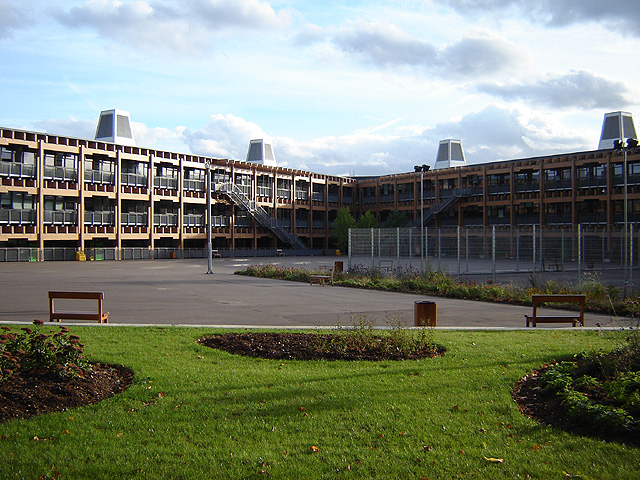The government is pressing ahead with efforts to turn all state schools in England into academies run on a business model, despite the lack of agreement for the change.
Last March we were all baffled by the insane news that the government was going to turn all state schools in England into academies. We all thought this folly would soon come to its senses. But the government's desire at the time remains. There is even talk of turning all schools into academies. Intention It will become an academy by 2020. The implication is that if academies are the greatest thing since bread, then why would the school not be “on board”?
The big attraction for schools to convert to an academy model has always been money. When Morley School in Leeds became an academy in 2011, it brought in an extra £280,000 in income for its 1,600 pupils. Many headteachers were worried about missing out on this easy income and did not want to be the last school in the area to convert to an academy, but in the end there was no money left at the end of the rainbow. The question arises as to why not convert when most other schools in the area are.
The Academy chain is One In schools, there are several ways of doing things and teachers find that they either have it their way or get their way. In academy schools, strict discipline is often seen as a sign of good education and pupils are controlled and outwardly obedient. Within a few years of an academy chain taking over a “failing” school, the old staff have all left, often before being pushed out as those who do not fit into a system that demands homogeneity. The change from the local education authority pay structure to an academy chain may result in a slight drop in staff pay, and cynics would say this makes it easier to “reshuffle” staff. A new breed of teachers, usually young and enthusiastic, are then brought in, often with promotion to head of department as a carrot, much sooner than would be common in other schools. These young drivers embrace an ethos of raising standards through obedience and academic rigour, which is seen as the upward path for pupils.
Many of these academy chains experience high staff turnover as many of the rules for how they operate are not shared up front. Some of these schools have set working hours; for example, at one academy, teachers are contracted to be on-site from 8am to 5pm every day. Contracts also include provisions that any necessary work must be done outside school hours, which invariably means marking in the evenings and at weekends. Teaching has long been known as one of the least suitable professions for spending time with children, despite it being a profession that involves working with children. My Kids. I think the old cliché idea that teachers enjoy long vacations is finally a thing of the past, as many of us realize that teachers work many hours in the evenings, on weekends, and during vacations. Sure, there is time to spend with your kids during the vacations, but my daughter knows full well how having a pile of books on the kitchen table affects her prospects for a weekend together.
There has been considerable discussion about academies, but there is still no agreement as to whether they should follow a national curriculum. of The social mobility dynamic helps people from deprived areas succeed in life “beyond their postcode”. Such schools seem to lack a broad and balanced curriculum, with many arts subjects being sacrificed for “purer” subjects. The implication and underlying idea is that a university education avoids repeating the limited life choices that their parents faced when they left school.
So far there is no substantial evidence that academies are any better than the individual schools they replace. There are clear success stories, but also nightmare stories of disaster and catastrophe for our young children. Conclusion In January 2015, after an 18-month investigation, it was found that academisation is not always successful, nor is it the only way to help struggling schools. Affirmed by the Sutton Trust.
Multi-Academy Trusts (MATs) are often privately-sponsored ventures. This has two main implications: first, a business model is used to deliver education in these schools, and second, it is primarily people with private education backgrounds who decide how best to educate students, despite not actually sharing in the students’ schooling experience.
The right jury is yet to be drawn on academy schools. As with any new magic bullet or vaccine, we have not been given the time necessary to understand and evaluate the long-term impact of recent changes. In the long term, conversion to an academy school may help schools turn around and move from special measures to high performing. But at what cost? Is education becoming a sterile exercise that worships strict discipline and academics over the arts and vocational training? all Who will be a lawyer, accountant or doctor? Who will collect the trash or work at the supermarket cash register? A foreigner? A robot? A criminal on a work fair?
We were once a country that valued work of any kind, driven by the intrinsic motivation of serving others and contributing to the higher good. Now, with a five-year target for every secondary school student to achieve an A+ (soon to be level 9), the question is naturally: how did we get to this point?


